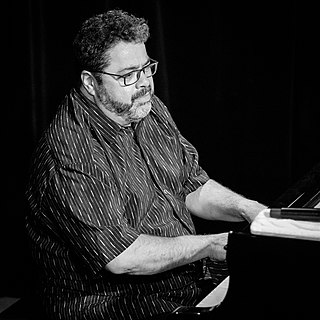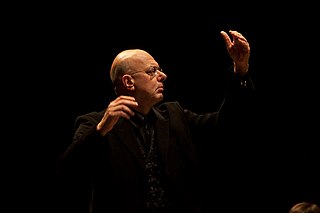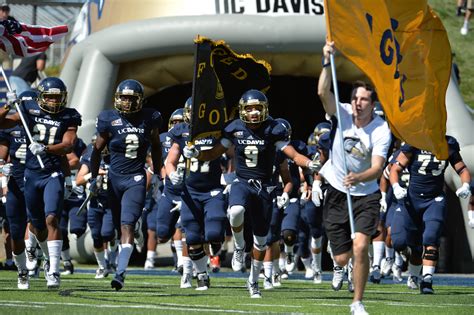A Quote by Wynton Marsalis
I try to find the core values that are so fundamental that they transcend ethnic identity. That doesn't mean I run from it. I embrace African-American culture and I love it and embrace it, but it is a part of a human identity. So I'm always trying to make a larger human statement.
Related Quotes
A lot of groups spend their whole cultural and aesthetic identity trying to move away from Africa, which I think is a mistake. One of the reasons I love Cuba and cultures like that is because they're not trying to move away from their African roots, they're trying to embrace them. That's part of the culture.
I think our culture right now is a culture that's trying to find itself. They're trying to figure out what is it? Is it social media followers? Is it trying to be popular? Is it money? Is it fame? Is it power? They're searching for identity and so many of us have been there, and we'll get back to that place of what is our identity? Who are we? More importantly, whose are we? For me, I find my identity in a relationship with Christ.
What "Make America Great" means is it doesn't mean race, and it doesn't mean gender, and it doesn't mean sexual orientation, and it doesn't mean anything identity politics related that seems to appeal to the Democrat Party. It's about a culture. It's about an identity. It's about an idea - the American idea, the American ideal.
I've spent my whole career trying to stay out of any box that anyone could put me in. 'I'm going to do a play now.' 'Now I'll do a musical.' That was my instinct. So I don't feel boxed in. But 'African-American woman' is part of my identity. I don't want to relinquish that - especially as a mother, helping my daughter find her identity.
Part of the core information that I've been purveying is that identity politics is a sick game. You don't play racial, ethnic, and gender identity games. The Left plays them on behalf of the oppressed, let's say, and the Right tends to play them on behalf of nationalism and ethnic pride. I think they're equally dangerous.
People take pride in being Irish-American and Italian-American. They have a particular culture that infuses the whole culture and makes it richer and more interesting. I think if we can expand that attitude to embrace African-Americans and Latino-Americans and Asian-Americans, then we will be in a position where all our kids can feel comfortable with the worlds they are coming out of, knowing they are part of something larger.
If you embrace a project that will require time and patience, then you need something to work on. So the first step of the project is to create an identity. If you don't have an identity, then today you want this player and tomorrow another one. If you have an idea and a shape, then this is how you develop an identity.
What does it mean to be an American today? The question of that is always pointing at now. It allows someone to say what lens that will be through. A lot of my work has been about identity in different ways. Part of that for me falls into the question of gender identity certainly but also about what it means to be an American theater artist.




































